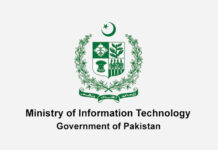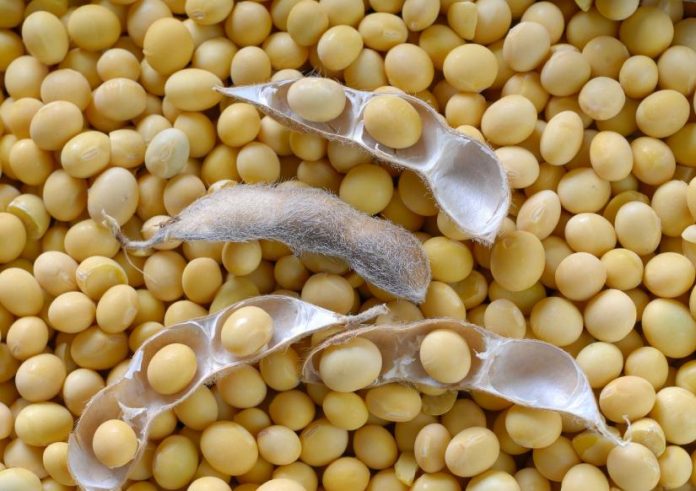ISLAMABAD: Despite tall claims of government and concerned ministry that oilseeds of Genetically Modified Organism (GMO) will not be allowed in the country for being unsafe for consumption, they are now being imported and allowed based solely on importers’ undertakings that they are non-GMO. The government has failed to properly inspect and test the imported oilseeds or ensure that they are non-GMO through third-party verification, even after losses to both importers and the poultry industry due stoppage of oilseed consignments worth around $400 million at ports.
The federal minister of the Ministry of National Food Security and Research, Tariq Bashir Cheema, had raised serious objections to the use of GMO soybean in poultry feed, citing its unsafe nature for human consumption due to its cancerous impact. The biggest health risks associated with GMO soybeans are the transfer of antibiotic resistance, toxicity, and allergenicity, which have led to several incidents of allergic reactions.
The issue of halted oilseed imports remained in media and discussed in higher public forums for months as the government fell into a difficult situation following pressure from importers and poultry industry to get the vessels released and on the other hand its position to disallow GMO seeds in the country required under an international protocol, Cartagena Protocol signed by Pakistan.
Later it was decided to inspect/test the oilseeds for GMO and decide about the fate of imported consignments. It was claimed by the food ministry that those consignments proved to be GMO would be reshipped/re-exported.
However, reliable sources informed that nearly all of the stranded vessels of oilseeds at Karachi port have been released based on importers’ undertakings and fumigation by the Plant Protection Department. The Ministry of Climate Change, which is responsible for inspecting GMO seeds, has failed to carry out its mandate to inspect and test the imported oilseeds, despite the hue and cry in the media for months.
In October of last year, the Customs department seized nine vessels without NOCs from the Ministry of Climate Change, an exercise never practiced in the past, making it difficult for the country to allow or disallow the seeds.
Documents show that an importing company has given an undertaking on its letterhead that “we hereby undertake that 3000 MT Soybean seed loaded on the vessel MV Cl DAYANG HE is non-GMO and fit for human consumption.” The Department of Plant Protection is releasing the importing oilseeds based on similar undertakings.
An official source from the Department of Plant Protection has claimed that, except for two vessels of soybean, all consignments have been cleared. The department’s mandate is to ensure the clearance of pest/insect-free consignments, for which they fumigate the imported seeds. However, examining whether the imported oilseeds are GMO or not is not within the department’s mandate.
Most soybeans are imported into Pakistan, and most of them are GMOs, which attract objections from various stakeholders. The Pakistan Biosafety Rules, 2005, require the mandatory registration of GMOs and Living Modified Organisms (LMOs) with the National Biosafety Council. The registration process involves a detailed scrutiny of GMO or LMO-based products, including human health aspects. Therefore, the associated threats or benefits to the region will only be fully revealed once these products undergo a scientific review.
In 2021, Pakistan imported 2.5 million tonnes of soybean, costing $1 billion in foreign exchange.

























Inside Pakistan imported soya bean seed being sold, alongwith seeds of rapeseed, rice, maize, etc in town markets & online are openly, proudly, claiming to be hybrid or GMO.
Is this consistent with our government’s policy? lnflicting avoidable financial damage upon citizens should incur punishment on the concerned negligent minister and babus.